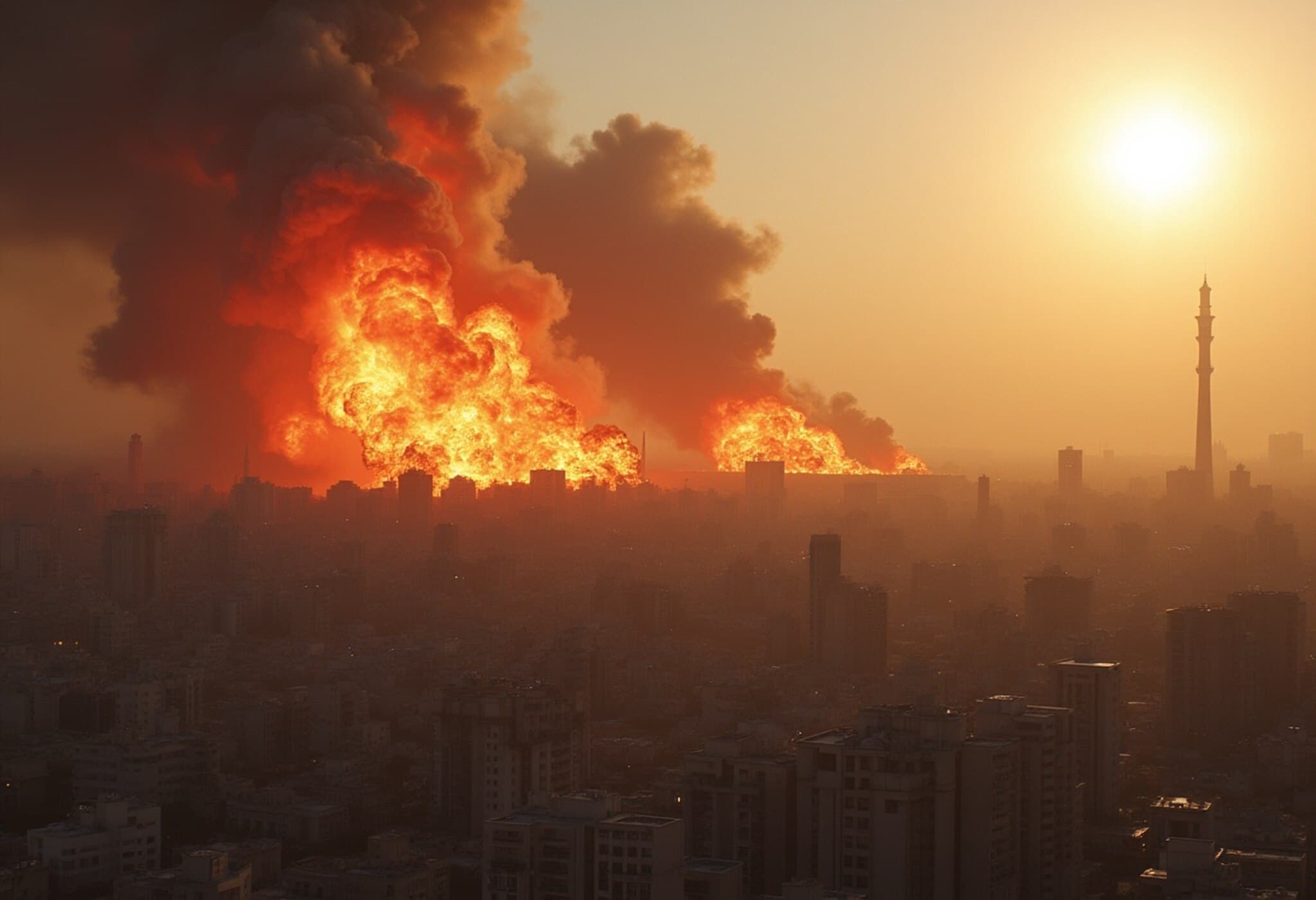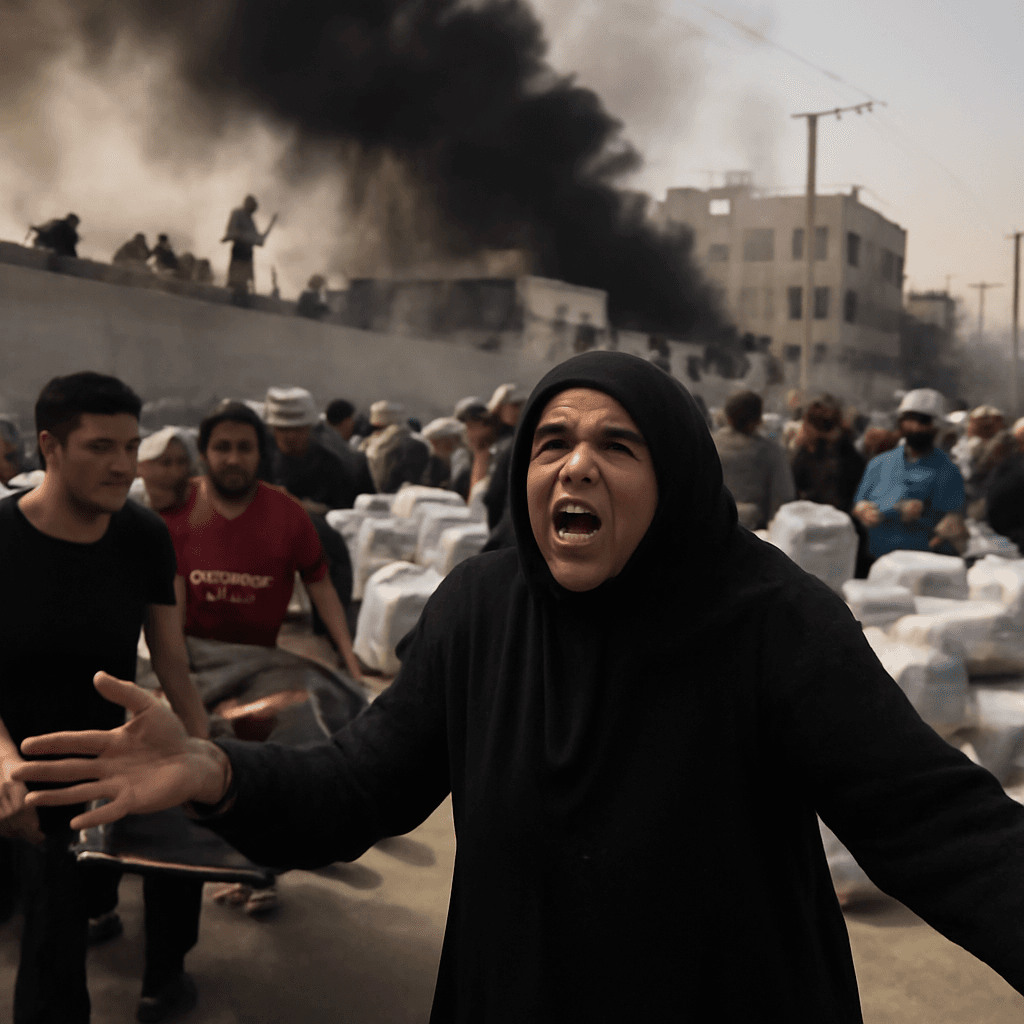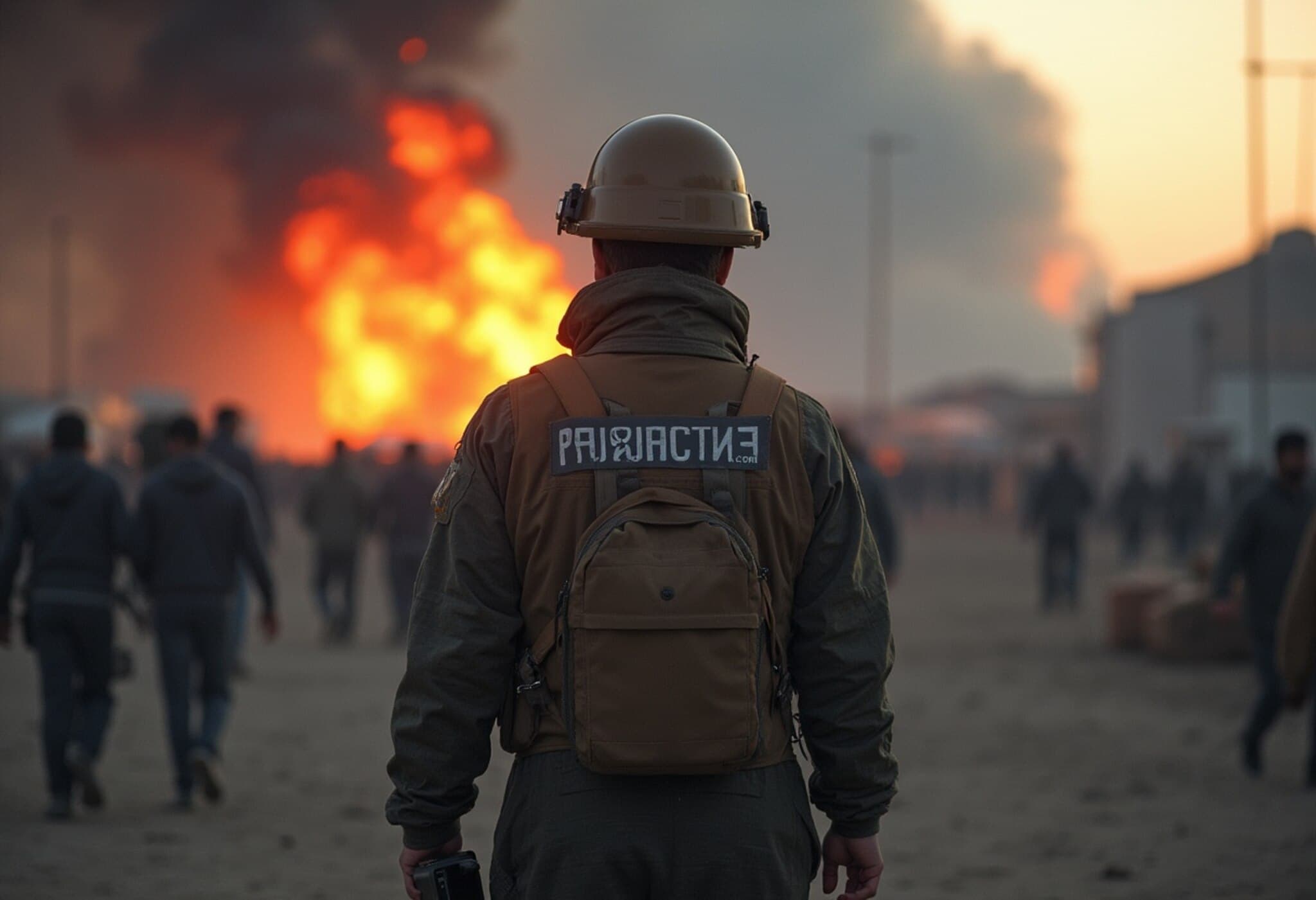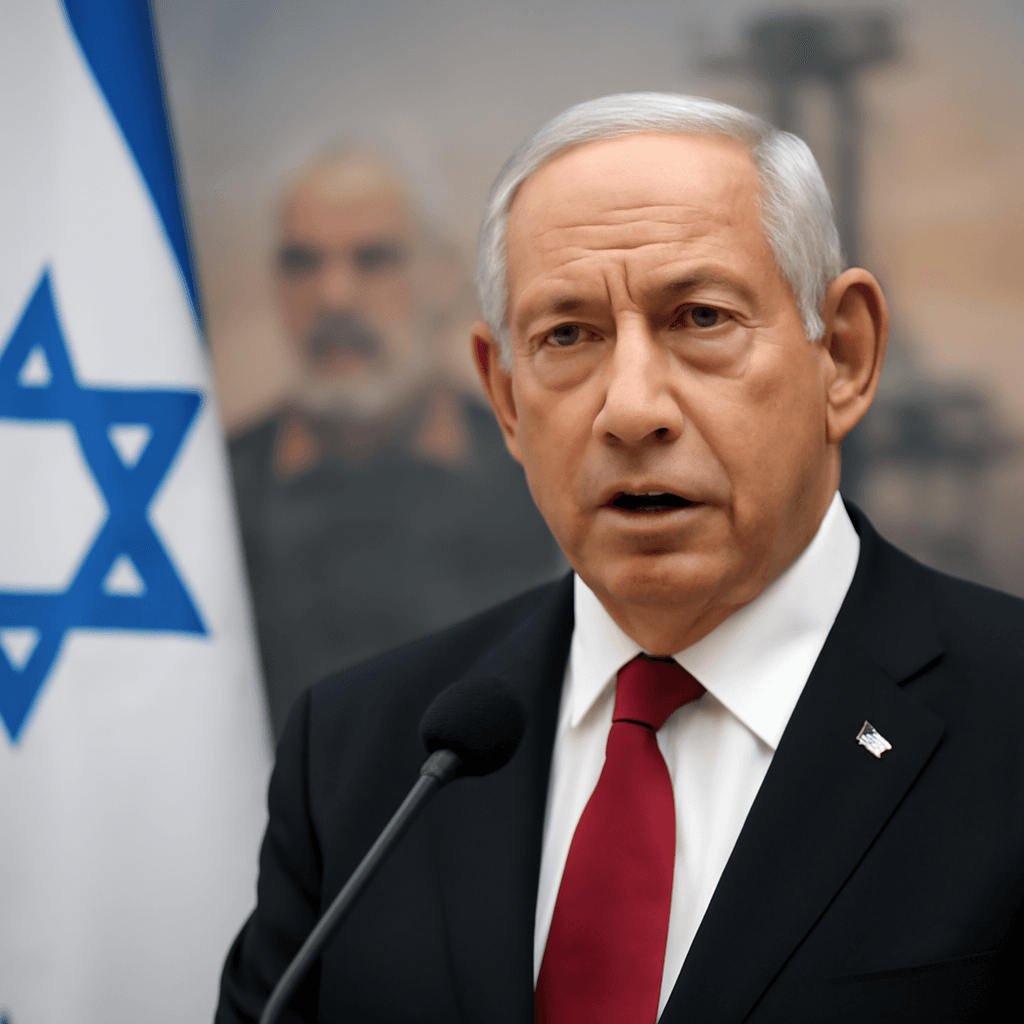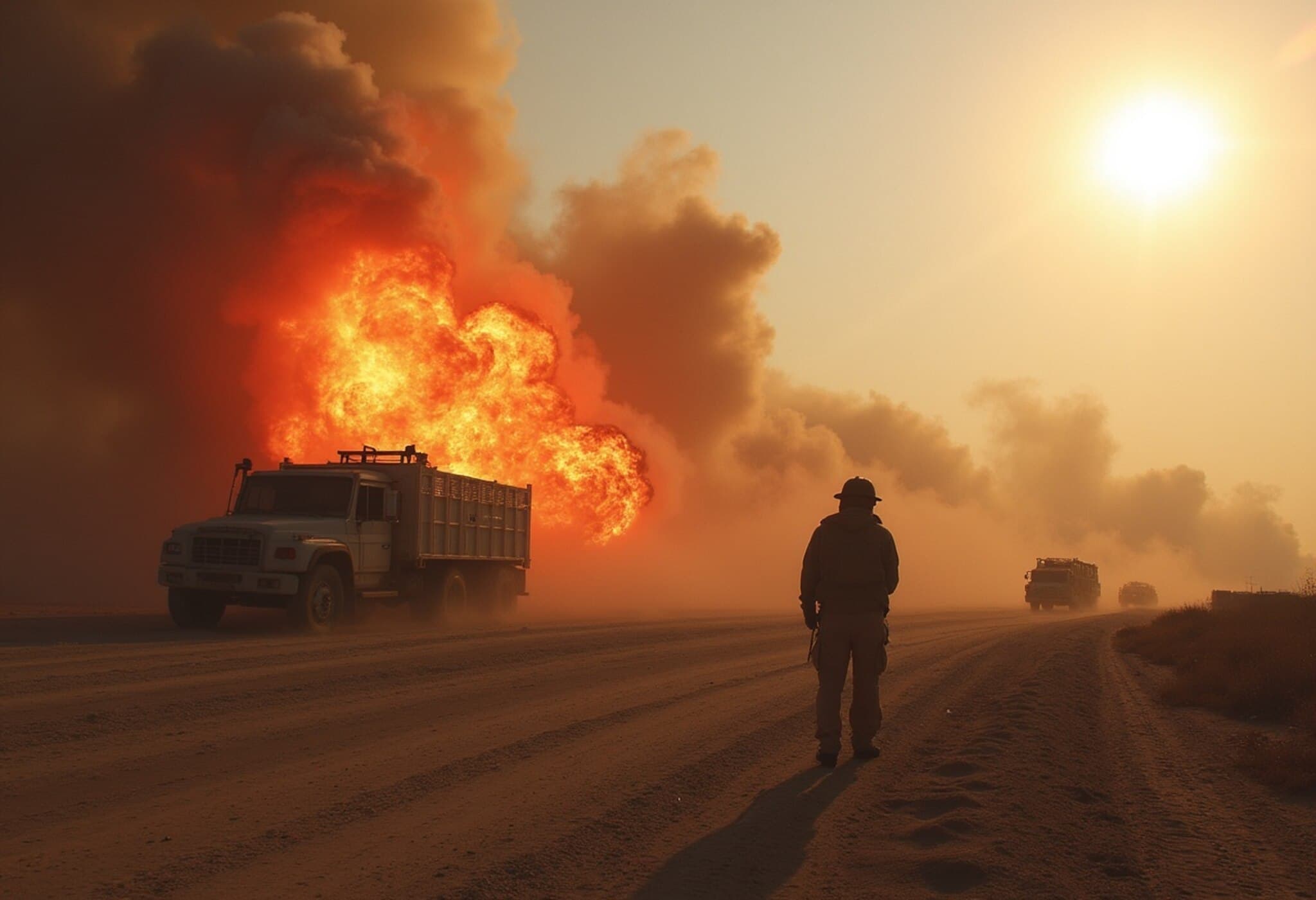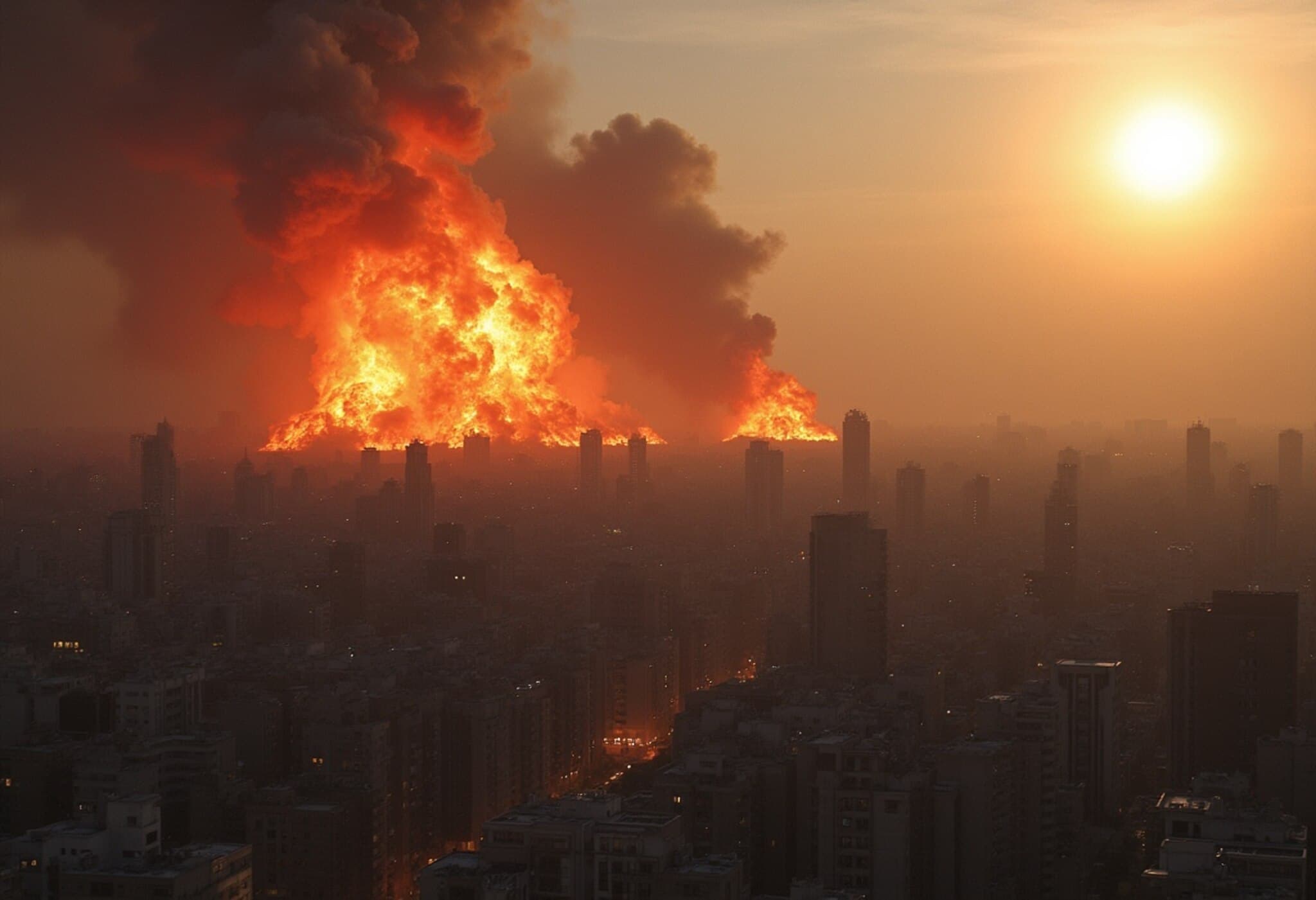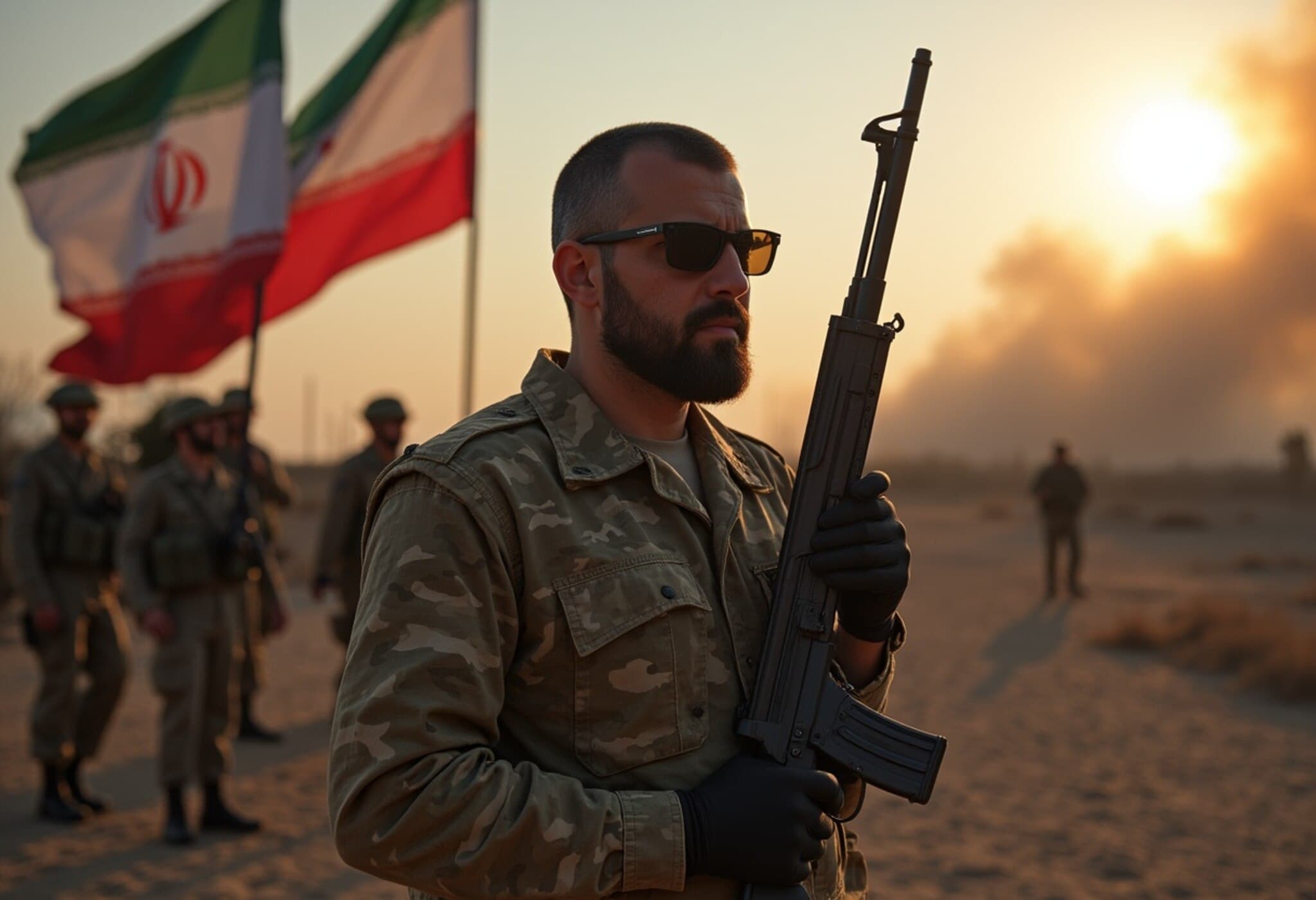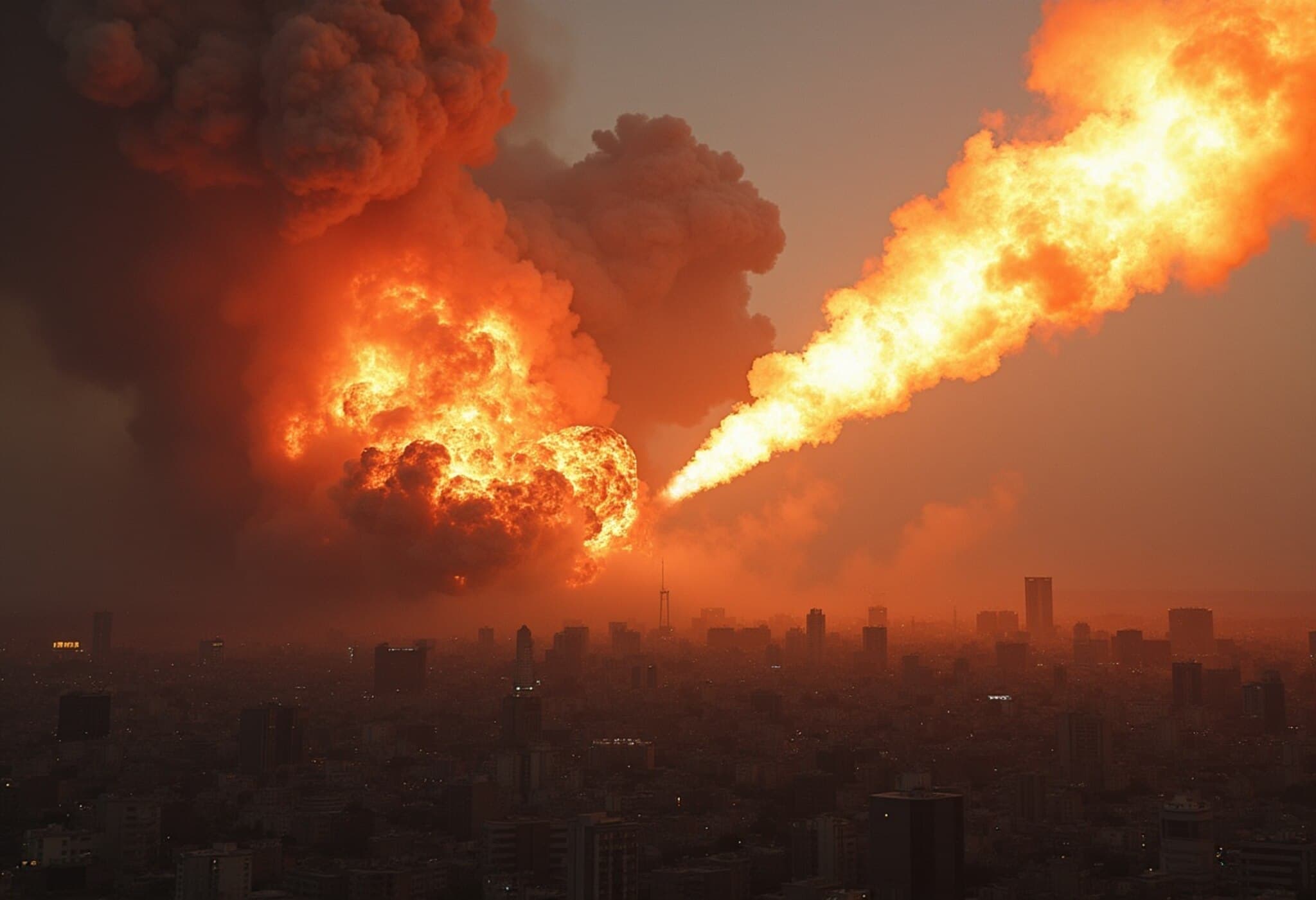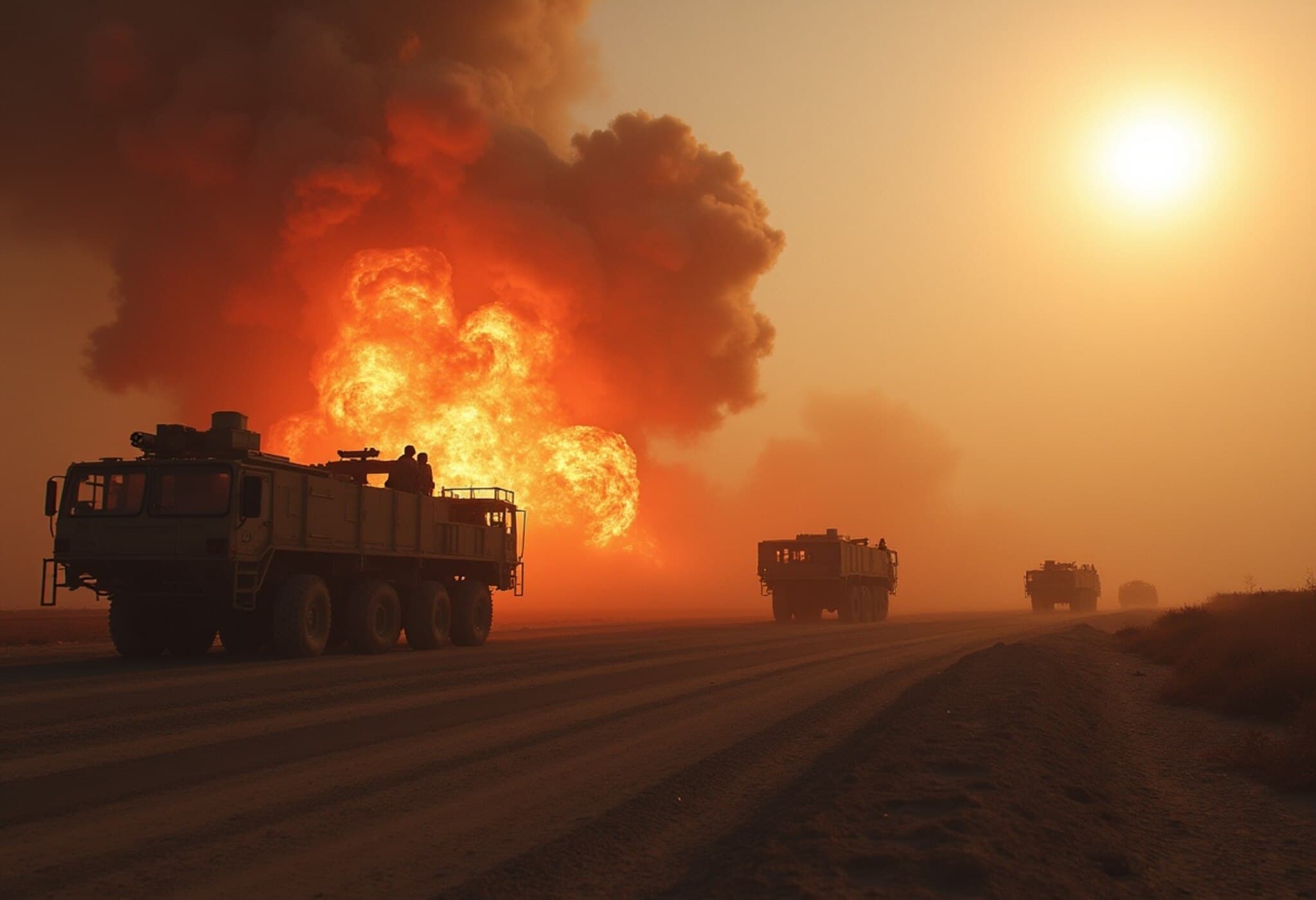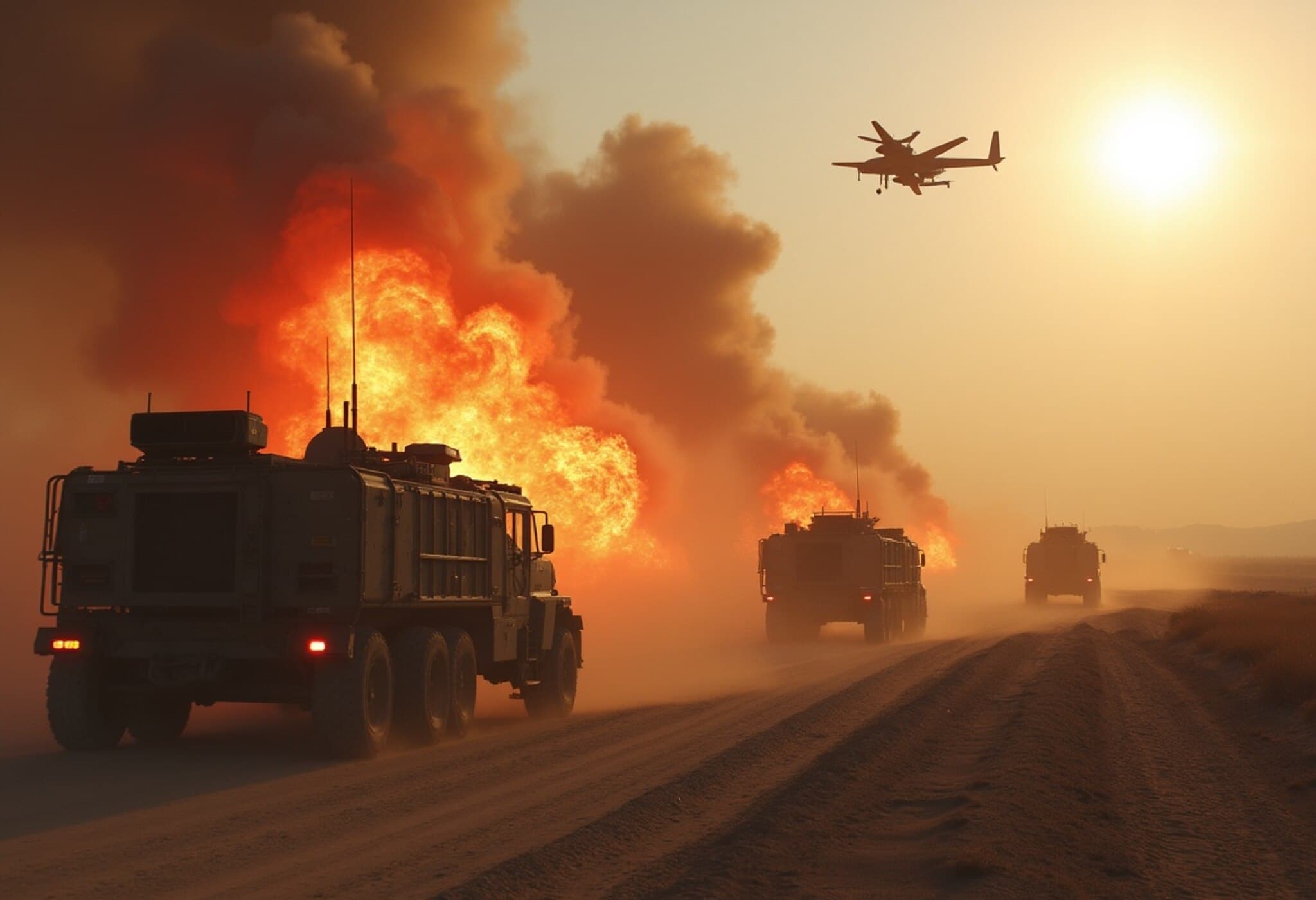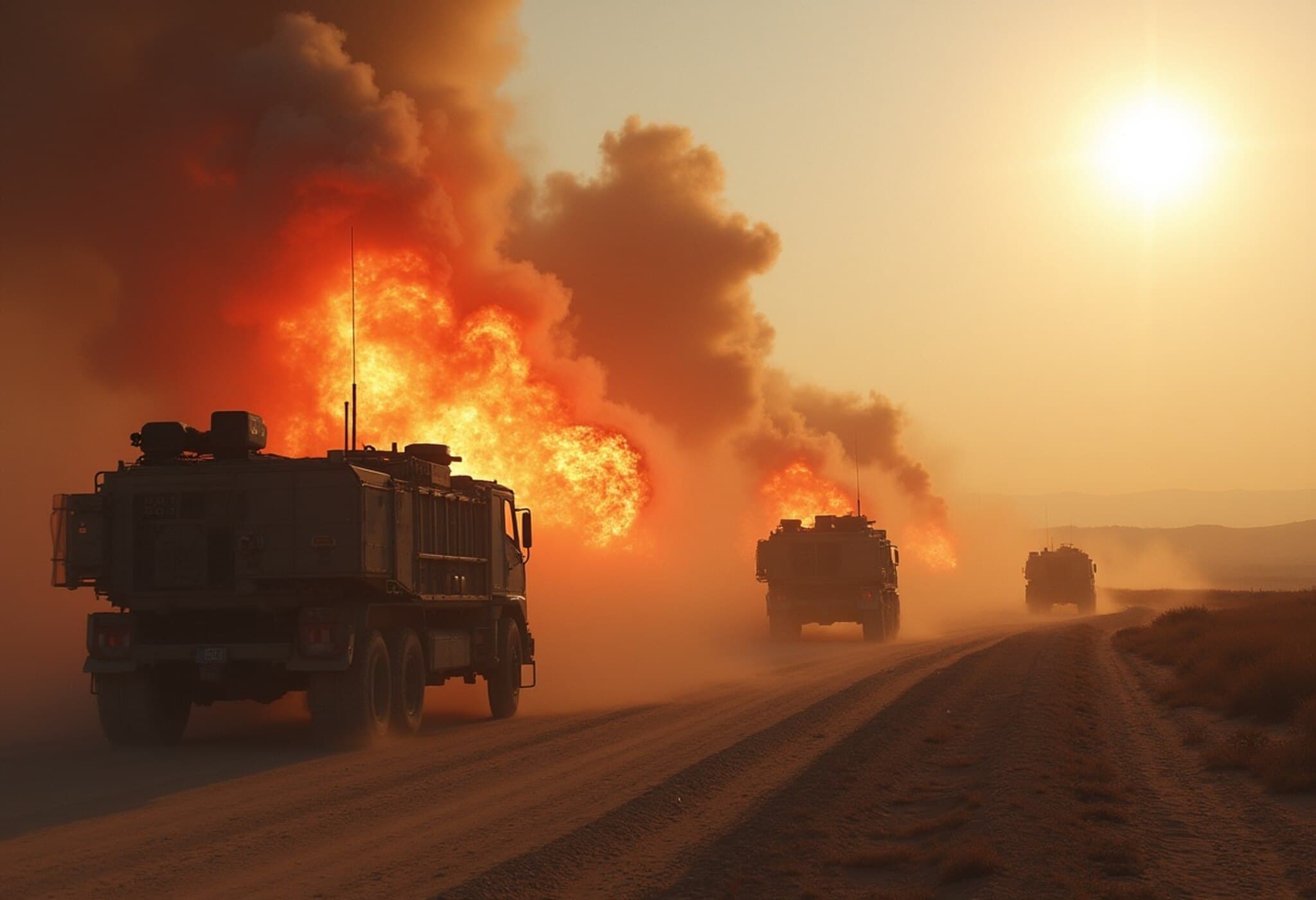Rising Tensions: Israel Strikes Iran’s Nuclear Facilities
In the early hours of Friday, Israel launched a series of airstrikes targeting Iran’s nuclear program, marking a significant escalation in the already fragile Middle East situation. Iranian media reported the deaths of prominent nuclear scientists and senior military figures in the attacks.
While the United States did not participate directly in the strikes, the American president was briefed ahead of time. A U.S. official emphasized that the primary concern remains the safety of American forces stationed in the region. Washington continues to favor diplomatic negotiations over military action in hopes of reaching a renewed nuclear agreement with Tehran.
In response, Iran has deployed nearly 100 drones toward Israeli territory, with Israeli defense forces actively intercepting these incoming threats. Due to the ongoing assaults, Israel declared a state of emergency, highlighting the severe regional volatility.
Calls for Calm and Diplomacy from World Leaders
The international community swiftly called for restraint to prevent further escalation. Former U.S. President Trump took to social media to warn Iran about the formidable military capabilities of both the U.S. and Israel, urging Iran to finalize a nuclear deal before irreversible damage occurs.
Meanwhile, the United Kingdom’s Prime Minister described the situation as deeply concerning, urging all parties involved to de-escalate tensions immediately. British officials underscored that peace and stability in the Middle East must take precedence, advocating for a diplomatic approach.
Similar sentiments were echoed by key European figures. France’s Foreign Minister reaffirmed Israel’s right to self-defense but stressed the urgency of avoiding actions that could destabilize the region. Germany’s Chancellor also emphasized diplomatic efforts, calling on both sides to avoid further provocations while reaffirming the commitment to prevent nuclear proliferation.
Across Asia, Malaysia’s Prime Minister condemned the attacks, cautioning that the strikes risk unraveling regional stability. China’s Foreign Ministry extended an offer to assist in de-escalation talks, expressing the need for peaceful solutions. Russia’s Foreign Ministry strongly denounced the airstrikes as unacceptable violations of sovereignty, further complicating diplomatic dynamics.
United Nations and Regional Perspectives
United Nations officials voiced deep concern over the expanding conflict. The UN Secretary-General condemned any military escalations and called for maximum restraint, underscoring the importance of ongoing nuclear discussions between Tehran and Washington.
Within the Middle East, reactions have been mixed but united in seeking de-escalation. Saudi Arabia condemned Israel’s actions as blatant aggression violating international laws, despite recent efforts to normalize relations with Iran. The United Arab Emirates also expressed grave concern, urging the resolution of disputes through peaceful negotiations and calling on the UN Security Council to act decisively for a ceasefire.
Qatar labeled the strikes a serious breach of Iran’s sovereignty, while Turkey warned Israel to halt its aggressive maneuvers immediately to prevent wider conflicts. These statements reflect the heightened anxiety about regional security and the potential for prolonged instability.
Looking Ahead: A Critical Crossroads
The unfolding events have thrust the Middle East into a dangerous phase, risking broader conflict across an already volatile landscape. The world watches closely as diplomatic channels work to de-escalate tensions and seek peaceful resolutions.
With multiple global powers urging caution and dialogue, the hope lies in diplomatic efforts prevailing over military confrontation to maintain regional stability and prevent further loss of life.

